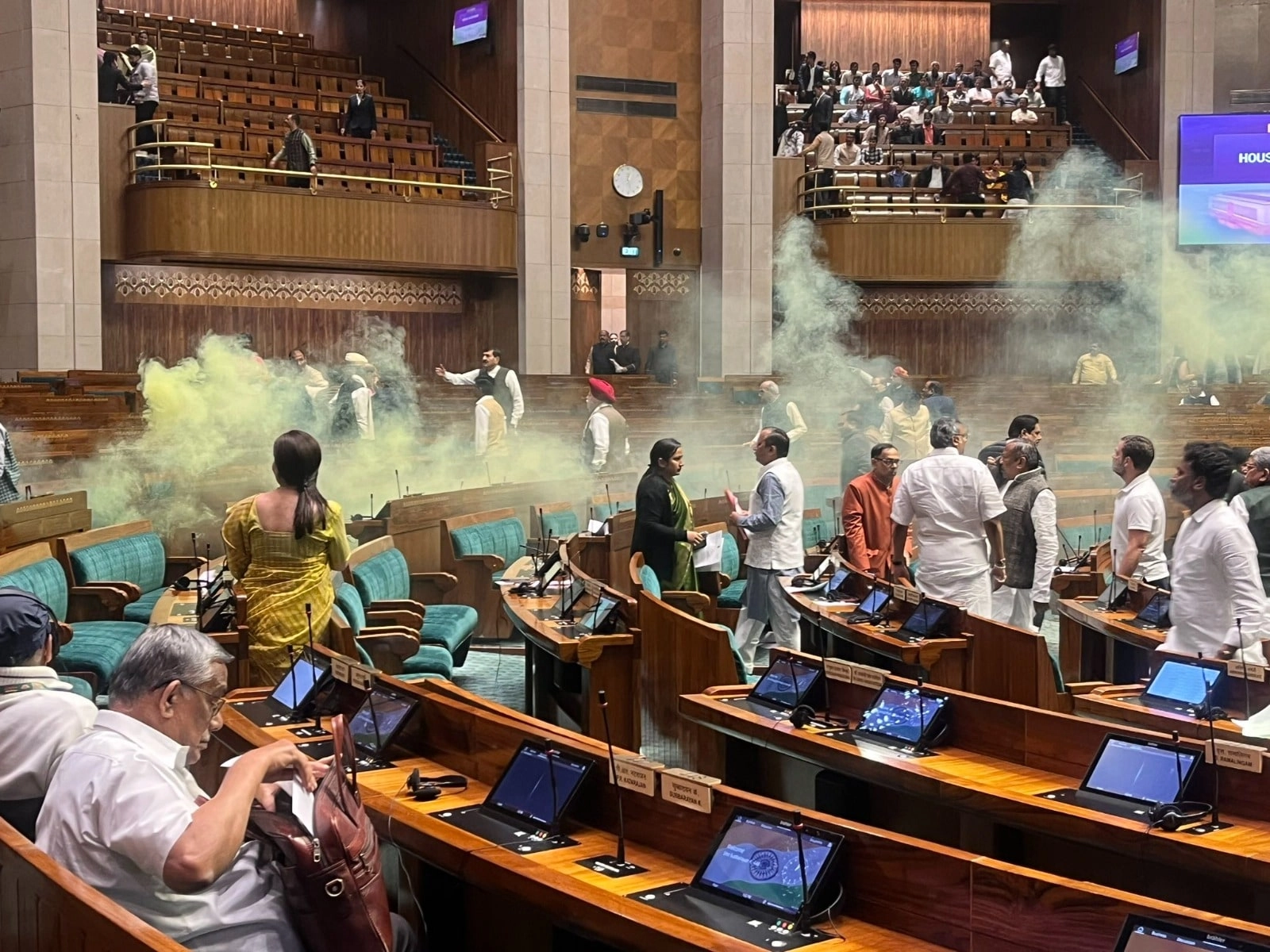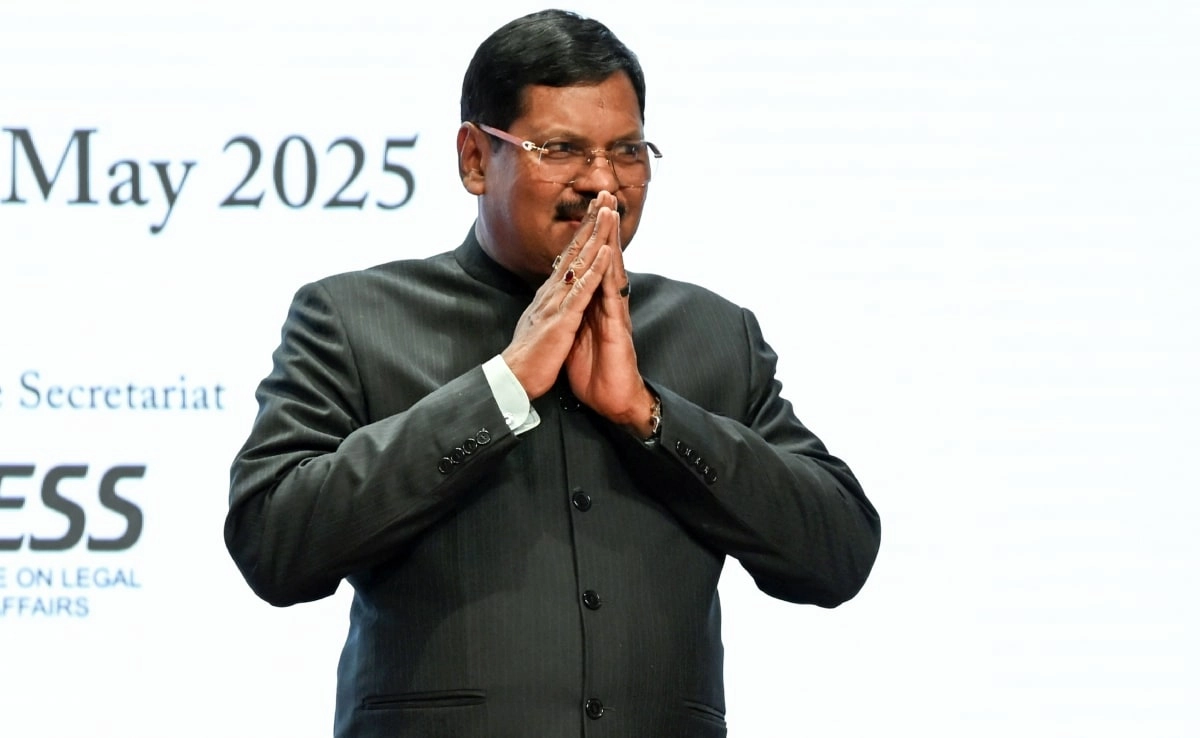A Delhi court is set to deliver a crucial verdict regarding the bail application of an individual accused in a significant security breach incident at the Parliament. This case has garnered considerable attention due to the implications it holds for the safety protocols surrounding one of India’s most important political establishments. The accused, whose identity has not been disclosed, was arrested following an event that raised alarms about the effectiveness of the security measures in place at the Parliament, which is often considered a symbol of Indian democracy.
The proceedings have been closely monitored by legal experts and political analysts alike, as they delve into the complexities of security, legal ramifications, and the responsibilities of law enforcement agencies. The court’s decision, which is expected to be announced tomorrow, will not only impact the accused but also set a precedent for how similar cases involving security breaches are handled in the future. The case reflects broader concerns regarding national security and the safeguarding of legislative institutions, prompting discussions on the adequacy of current security protocols.
As the court prepares to issue its ruling, both the prosecution and defense have presented their arguments, highlighting the nuances of the law, the rights of the accused, and the necessity of ensuring public safety. The prosecution has emphasized the severity of the breach, suggesting that it poses serious risks to national security, while the defense has sought to challenge the evidence presented and advocate for the release of the accused on bail. This tension between security imperatives and individual rights underscores the delicate balance that courts must maintain in such high-stakes situations.
The outcome of this bail hearing is anticipated to resonate beyond the immediate context of the case. It may prompt further scrutiny of the measures in place to protect the Parliament and could lead to calls for reforms in how security at governmental institutions is managed. As the legal community awaits the court’s decision, it is clear that this case is emblematic of the ongoing challenges faced by security agencies and the judiciary in navigating the complex interplay between law, order, and civil liberties.




